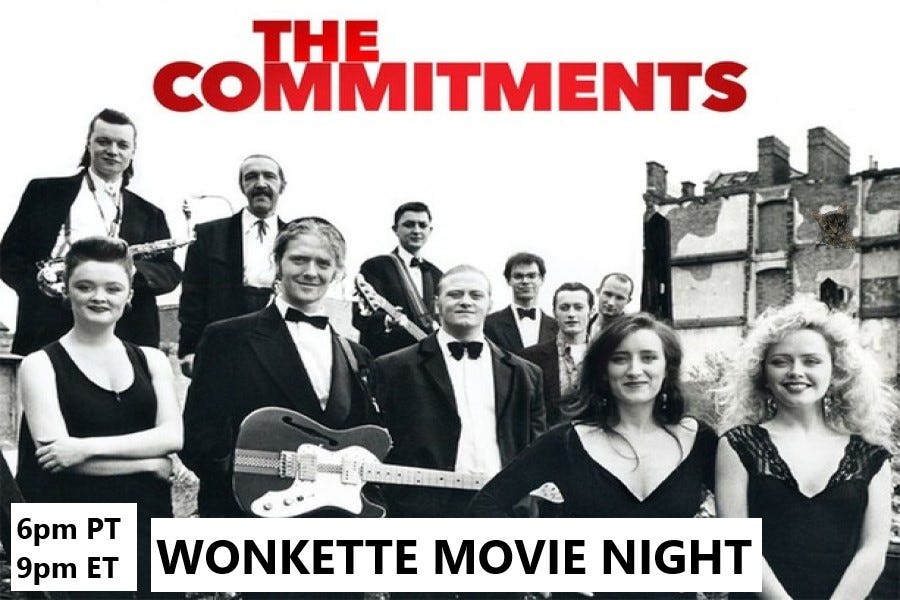
Jobb, the author of The Case of the Murderous Dr. Cream, lands quite the subject with Arthur Barry, an Irish kid who, hanging out in the streets of a gritty Massachusetts factory town, learned to mimic the manners of the upper crust and put his gift to advantage. He charmed his way into the inner circle of the British royal family, and after one quick job, he wandered away with the equivalent of $250,000 in precious gems. Barry, as Jobb deftly paints him, was a man of parts: a war hero who returned home to don debonair disguises and sneak into the soirees and homes of the very wealthy, but who, even though remembered by a socialite as “a rather gallant burglar,” also was not above using violence to achieve his nefarious ends. Setting aside deadly force, a would-be jewel thief could learn a thing or two about the trade from reading Jobb’s vivid account of Barry’s career. Like any good tactician, Barry believed in endless planning and intelligent action. Would-be victims might learn, too, that it’s rarely a good idea to appear with one’s best jewels on the society page. Even though Barry’s haul in the 1920s alone was $60 million in today’s dollars, he frittered away much of that money. Reflecting on the fact that he’d also spent nearly two decades in prison, he also expressed regret to an interviewer. In listing his crimes, he said, “When you put down all those burglaries…be sure you put the big one at the top. Not Arthur Barry…robbed the cousin of the King of England, but just Arthur Barry robbed Arthur Barry.”








































































